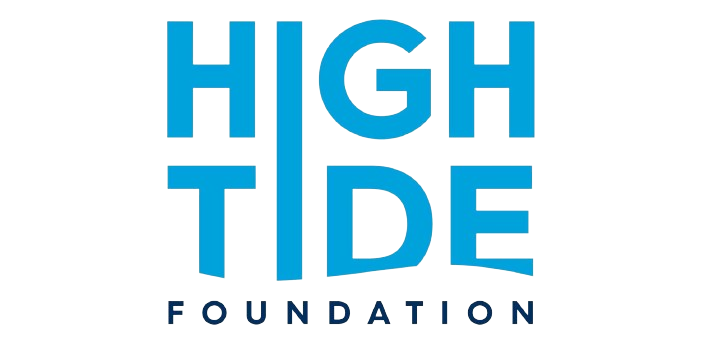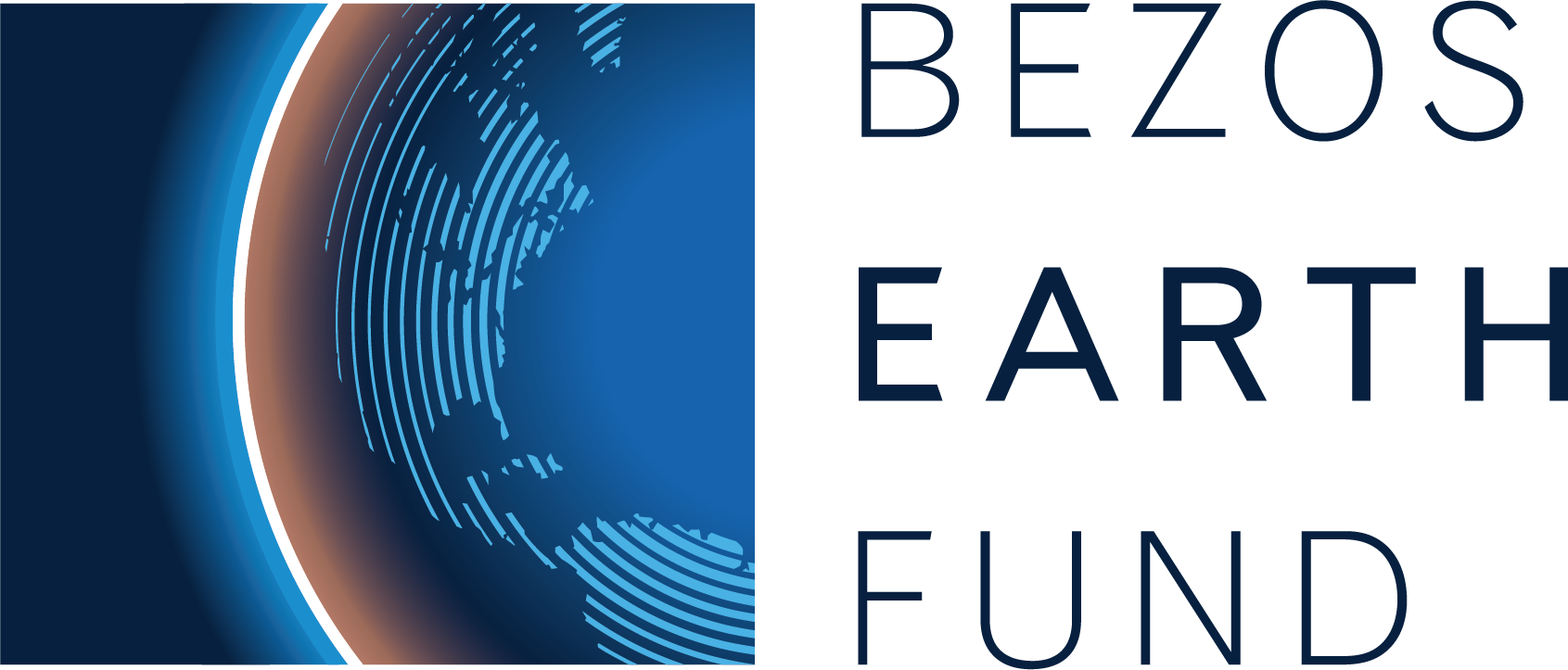Public Consultation
Learn more about the process that lead to the development of the Core Carbon Principles
Consulting on the Core Carbon Principles
In 2022, we held a 60-day full, open public consultation on the draft Core Carbon Principles (CCPs), Assessment Framework and Assessment Procedure. We were delighted with the breadth and depth of responses we received – well over 5,000 comments from more than 350 submissions. This shows a high level of commitment to high integrity across the whole voluntary carbon market.
We are committed to transparency and have published these comments in raw form (see below), ensuring requests for anonymity have been respected. Views were diverse on each issue and polarised on many points. This input has helped us build a common understanding of what high integrity means for carbon credits.
Following the consultation, as well as intensive work by internal experts and our Governing Board, we are confident that the CCPs and Assessment Framework set a quality threshold that is robust and achievable, and provide a credible and rigorous means of identifying high-integrity carbon credits that make a genuine impact on reducing emissions and improving human rights.

The Consultation Process
Step 1:
The draft CCPs, Assessment Framework and Assessment Procedure published for consultation were intended to serve as a robust, independent starting point that will be further informed by the insights and dialogue gathered during the public consultation.
Step 2:
The consultation ran for 60 days in line with international best practice and included a series of virtual briefings and thematic deep dives, with the opportunity for follow ups.
Step 3:
The public consultation was overseen by the British Standards Institute (BSI), which has over one hundred years of experience in standard setting. All comments and submissions had to be made in writing through the BSI website.
Step 4:
The proposals in the consultation documents were updated/revised in response to feedback from the public consultation. Respondents were asked to provide both generic and detailed comments and suggestions for improvements to these proposals.
Key Resources
Comments from Public Consultation
We have received the following responses to our public consultation on the draft Core Carbon Principles, Assessment Framework and Assessment Procedure. We are publishing them in this raw form to guarantee transparency and accountability.








